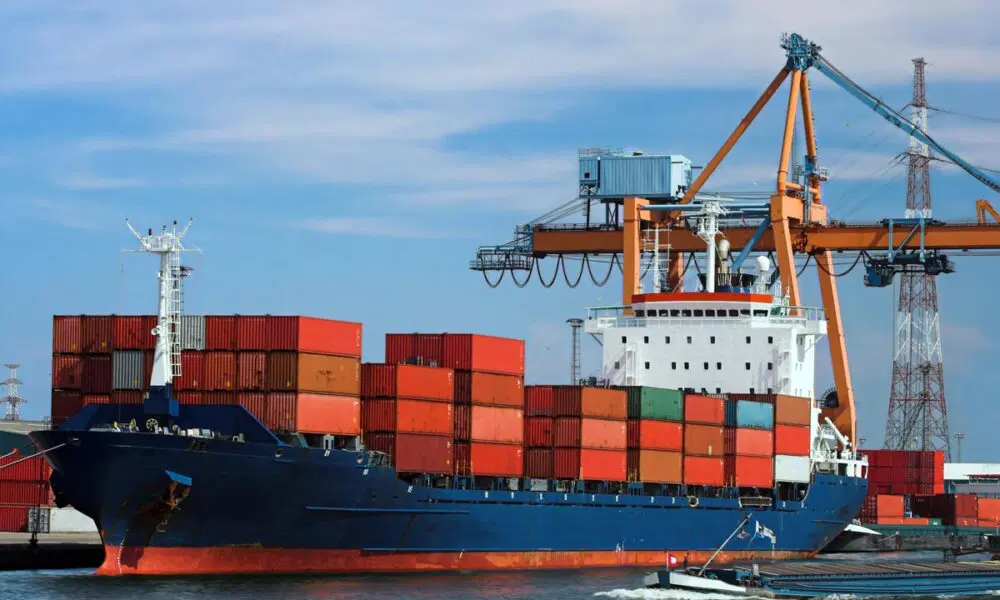The Nigerian Ports Authority (NPA) has announced a temporary suspension of cargo releases from the Apapa Port Complex (APC) due to ongoing congestion issues affecting the port. This suspension is anticipated to disrupt logistics, supply chains, and the overall efficiency of cargo movement at one of Nigeria’s busiest ports.
In an official notice directed at the trucking sector within the maritime industry, Truck Transit Parks (TTP), the traffic management firm coordinating truck movements along the Apapa port corridor, revealed the halt in truck releases from the pre-gate area of the Lagos Port Complex. The notice cited severe congestion as the reason for this decision and assured that the port management is closely monitoring the situation to determine when normal operations can resume.
The notice stated: “Please be informed that there is a temporary hold on truck release from the Lagos Port Complex pre-gates due to ongoing congestion. We are closely monitoring the situation and will relax the hold as soon as conditions improve.”
The congestion has created a significant bottleneck at the port, delaying the flow of goods and hampering local and international trade activities. This has raised concerns among stakeholders in the logistics and transportation sectors, who are alarmed by the potential economic impact if the congestion persists.
Sani Mohammed, an official from the Association of Maritime Transport Owners (AMATO), attributed the congestion to inefficiencies among terminal operators at the port. He criticized the operators for failing to effectively manage the inflow and outflow of cargo, which has exacerbated the congestion issue.
Mohammed expressed his frustration over the situation, stating, “What we are experiencing is a result of low efficiency by the terminal operators. They have not been able to facilitate the smooth movement of cargo, and yet, they will still charge demurrage fees for the delays caused by their inefficiency.”

